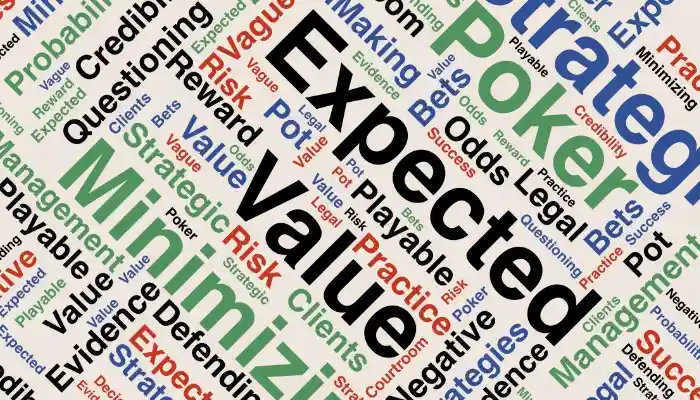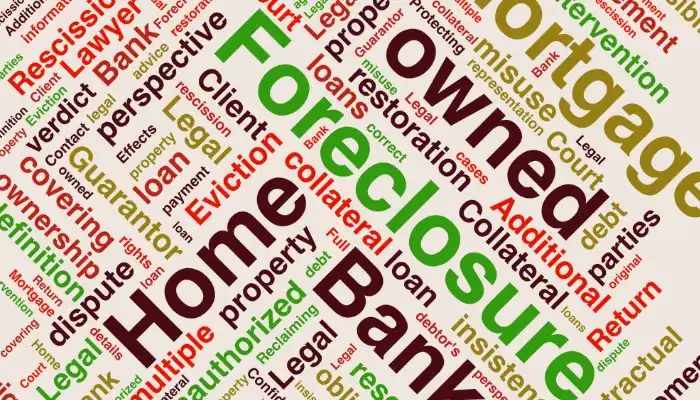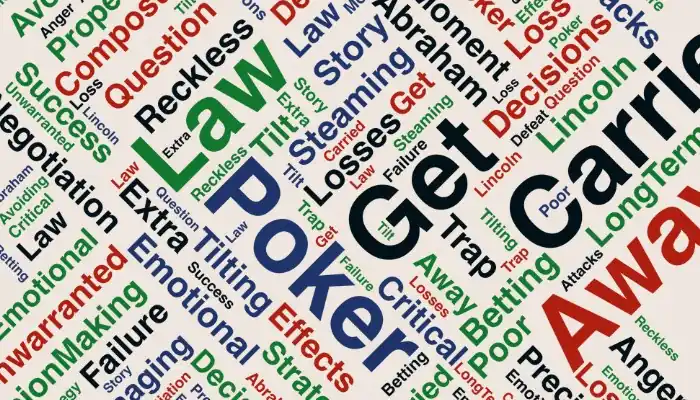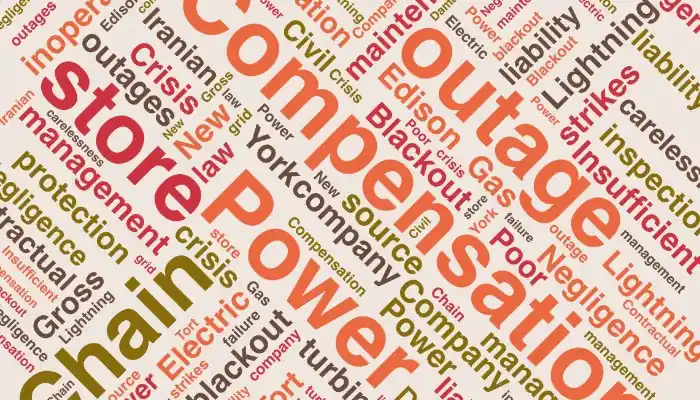In the world of poker, if the first lesson is to minimize betting on bad hands, the second lesson is recognizing good hands. Here, definite winning hands are rare, and they must be fully utilized. Then there are playable hands, which can be either good or bad depending on the conditions and competition. But how do you decide whether to bet on a playable hand, and how much to bet?
Expected Value in Poker
Poker players use concepts like “pot odds” and “expected value” (EV), which define the relationship between risk and reward. To determine these ratios, three variables must be considered: the amount of the bet increase, the probability of success, and the size of the pot. For example, if you have four cards in a straight and the probability of completing the straight is 17.4%, and you have a 100,000 Toman bet, the expected value of the bet depends on the size of the pot. If the pot is more than 600,000 Tomans, the bet is positive, and you should continue. Otherwise, it’s negative, and you should fold.
Applying Expected Value for Lawyers
The concept of expected value can be very useful for lawyers, helping them take advantage of new opportunities rather than relying on old principles. For example, it’s commonly known that you shouldn’t ask a question during the discovery process unless you know the answer. This principle is similar to the first rule of poker, which is to minimize your bets. However, just as the concept of expected value increases the number of playable hands, it can also increase the number of questions worth asking.
Practical Example in Legal Practice
Imagine you’re a lawyer representing a commercial company in court, defending your client against a supplier. During the court session, you don’t know whether the supplier can prove that your client breached their obligations. According to traditional principles, you shouldn’t ask a question unless you know the answer. However, if you act based on expected value, you might conclude that the question is worth asking. If the supplier asserts 9 times out of 10 that they have sufficient evidence, you lose nothing. But if, in one instance, they admit they lack sufficient evidence, you gain crucial information for a stronger defense. Therefore, the question is worth asking because the potential benefit outweighs the risk.
This concept helps lawyers ask questions with a higher likelihood of success, enabling them to make the most of situations.
Questions with Negative Expected Value
Not all unpredictable questions are worth asking; some have negative expected value. Suppose you’re representing a commercial company in court and want to ask whether the supplier intentionally committed fraud. If the supplier angrily denies it and the judge reprimands you for lacking a proper basis, your credibility could be damaged. This harm outweighs any potential benefit from the question. Even if a positive response is rare, the negative consequences of a denial are greater than the potential advantages. Such questions can damage your credibility and backfire. In these situations, it’s best to avoid asking questions with negative expected value.
Conclusion
The concept of expected value can help lawyers make more strategic decisions in questioning and evidence management. By using this concept, lawyers can identify questions that are more likely to yield useful answers and avoid those with higher risks and a greater chance of negative outcomes. This approach allows lawyers to evaluate risks and opportunities more accurately, rather than relying on traditional principles and vague probabilities, thereby increasing their chances of success in court. Applying the concept of expected value enables lawyers to choose the best strategies for defending their clients with more precise and logical analysis, leading to better professional performance.
Source: Lawyers’ Poker: 52 Lessons that Lawyers Can Learn from Card Players: Lubet, Steven: 9780195369014: Amazon.com: Books. (n.d.). Retrieved June 15, 2024, from.




